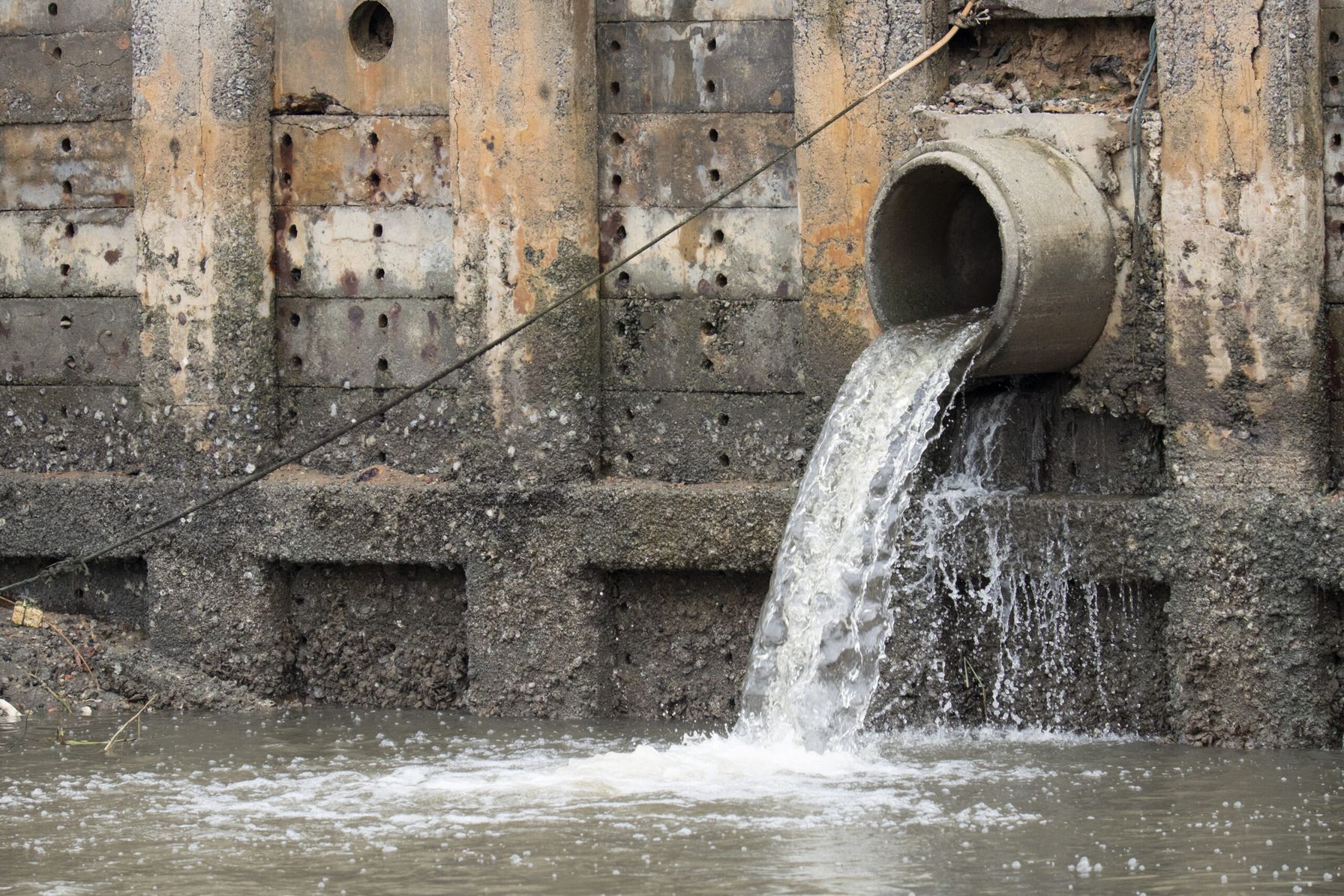
The New Jersey Department of Environmental Protection (NJDEP) recently issued two new requirements pertaining to its New Jersey Pollutant Discharge Elimination System (NJPDES) program that affect municipality mapping requirements and the sizing of new stormwater management practices.
MS4 Mapping Updates
New Jersey municipalities have been tasked with updating their Municipal Separate Storm Sewer System (MS4) permitting plans due to recent NJDEP updates to the Tier A Municipal Stormwater General Permit as codified in N.J.A.C. 7:14A. Specifically, all Tier B MS4 permits have been reassigned to Tier A as of July 2022. All former and newly assigned Tier A permittees must develop and/or update their applicable MS4 Infrastructure Mapping by January 1, 2026, to adhere to the requirements for a Tier A permit. The specific additions needed for Tier B MS4 Maps to be updated to comply with Tier A requirements by 2026 are as follows:
- Locations of all stormwater infrastructure within the permitted area, either owned and operated by the permittee or another entity;
- Locations of drain inlets owned/operated by the permittee;
- Locations of all stormwater connection points into or out of the permitted area;
- Designation of the receiving water body and water quality classification for each outfall location
- Mapping of drainage areas for each outfall and interconnection points into another entities storm or sanitary sewer system;
- Mapping for areas associated with each TMDL and each water impairment for waters within the permitted area;
- Mapping of overburdened communities; and,
- Mapping of impervious areas.
MS4 Stormwater Management Rules Amendments
In 2020, Governor Phil Murphy signed an executive order mandating the NJDEP to take action in revising regulations to integrate climate change considerations, including sea level rise and chronic flooding. In response, the following amendment was made in 2023 to the NJDEP Stormwater Design Rules:
- Design engineers must use the USDA NRCS methodology for calculating runoff, rather than the rational or modified rational method.
- Current and projected adjustment factors to account for the effects of climate change have been implemented to determine the current and projected precipitation values. See the detailed breakdown of these adjustments in our previous blog post: Regulators Update Design Storm Rainfall Depths in Response to Climate Science Projections and Recent Storm Data
- The current and projected precipitation values are to be used in time of concentration calculations.
- Stormwater quantity calculations must demonstrate that the flow of stormwater leaving the site for post-development conditions does not exceed the pre-development conditions for the current AND projected 2, 10 and 100-year storm events.
- If infiltration practices are proposed, the projected 2-year storm is to be used in the comparison of existing and proposed conditions.
Next Steps: TRC Can Help
To meet approaching compliance deadlines, it is critical for municipalities operating under an MS4 permit to review these new regulations and understand the new requirements for reporting. Facilities looking to expand or develop new operations must account for climate change factors when considering what to implement under the NJDEP stormwater guidance.
It has been apparent for several years that climate change has been affecting the way we manage and control stormwater. With these changes, New Jersey is ahead of the curve regarding implementation of more stringent regulations for development projects. TRC’s goal when assisting clients with stormwater management projects is to create the most sustainable solution possible. We look to design stormwater best management practices that are suitable for the present, as well as the future. Our expertise in Geographic Information Systems (GIS) in conjunction with environmental and civil engineering enable us to provide a high-value team to support all aspects of the MS4 requirements for a permittee. We have extensive experience with environmental permitting and provides a one-stop-shop for supporting and providing high-quality MS4 mapping needs. We look forward to supporting our clients on complying with the updated MS4 mapping needs.
Learn more about our related services or contact us for assistance today.
